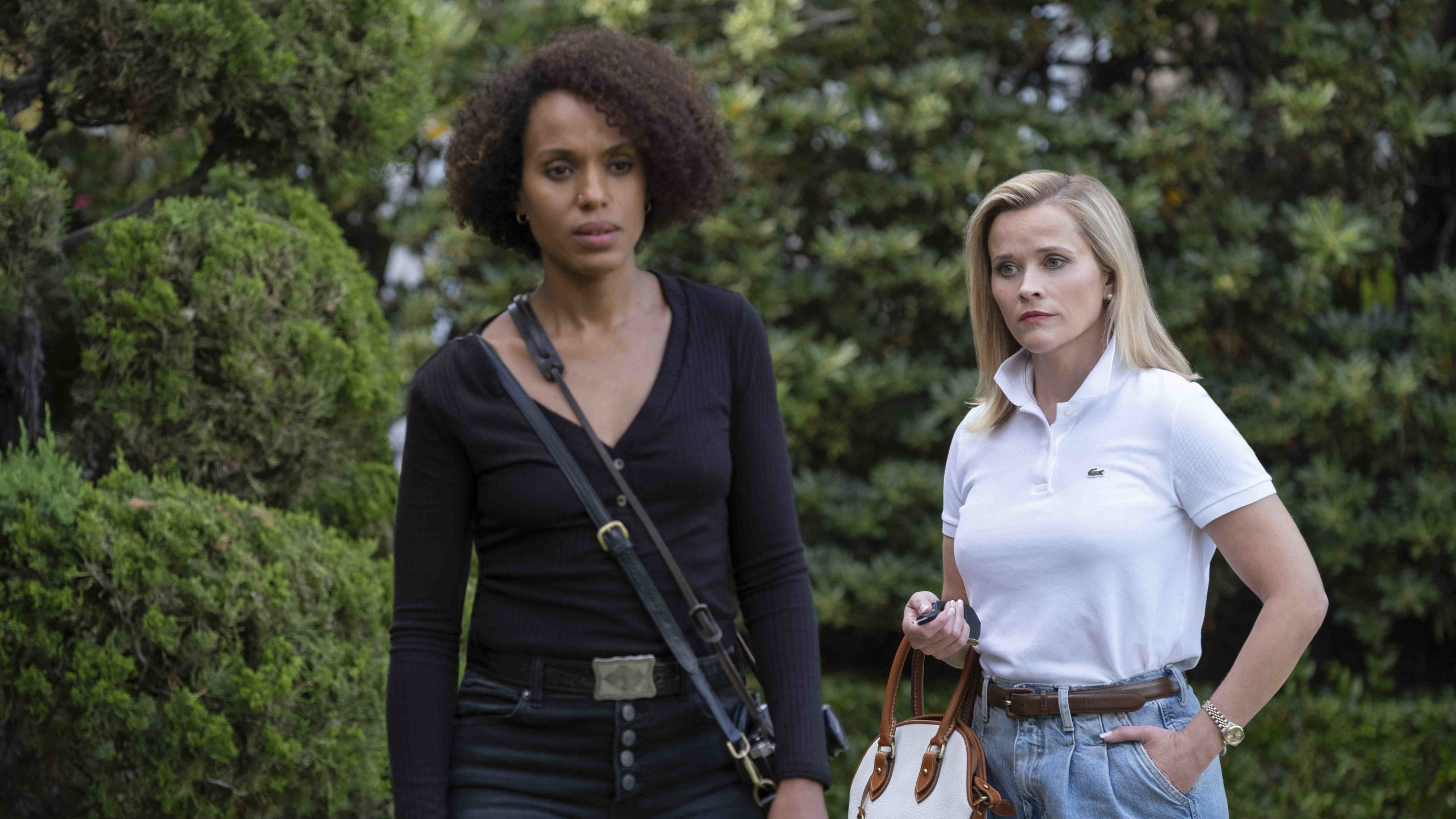How Ingrid Michaelson Penned a Perfect Song for ‘Little Fires Everywhere’
By Jazz Tangcay
LOS ANGELES (Variety.com) – Liz Tigelaar, showrunner of “Little Fires Everywhere,” has been a fan of Ingrid Michaelson’s for years, and even used the singer/songwriter’s “Hate You” in Hulu series’ pilot.
Songs by female musicians, including Alanis Morissette, Lauryn Hill and Annie Lennox, feature prominently in the series, and when it came to this season’s finale, Tigelaar says she knew she wanted an original song to end it.
“I went to Dawn Soler,” ABC Studios’ president of music, “and I brought up Ingrid,” Tigelaar recalls. “She would be perfect and she has the most beautiful voice.”
Even with that endorsement, Michaelson says the lyrics to the song that soundtracks the finale, “Build It Up,” did not come easily. Her first attempts “didn’t hit right,” she says. “I was making it about me.”
But like many experienced artists, she knows her creative process well. “The hardest and most liberating thing about being is songwriter is that I cut it off [when something doesn’t work], and let it go out to sea. I start anew.”
Indeed, that theory not only enabled her to write the song in 15 minutes, it also provides a metaphor for the world the song is being launched into, as well as the show’s characters.
“The world has this reset button that has been set on us,” she says, “and we are forced to metaphorically burn it down and to build it back up again.”
Michaelson’s song is initially heard in an instrumental version as the series comes to an end. Originally, she had recorded the song to accompany the final moments, as the character Pearl’s voice is heard through a poem.
But, Tigelaar explains, in that setting the poem and the song’s powerful lyrics worked at cross purposes.
“You were being pulled by these two amazing different expressions of art,” she says. “The song was fighting the poem.”
Still, the song channels the voices of the show’s teenagers and created an anthem for them as the whole song eventually plays out over the closing credits. “Those lines about flying away were so hopeful, and it lifted up that whole ending to me,” Tigelaar says. “The hope of the story is your children could come back and make you better. That’s what the song did.”

